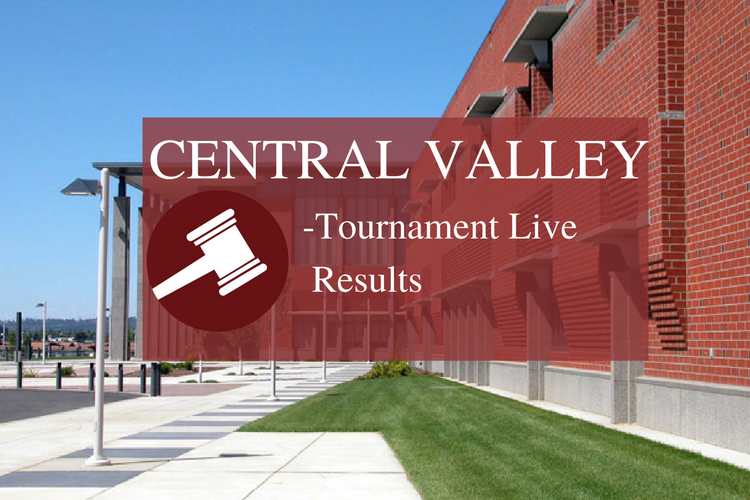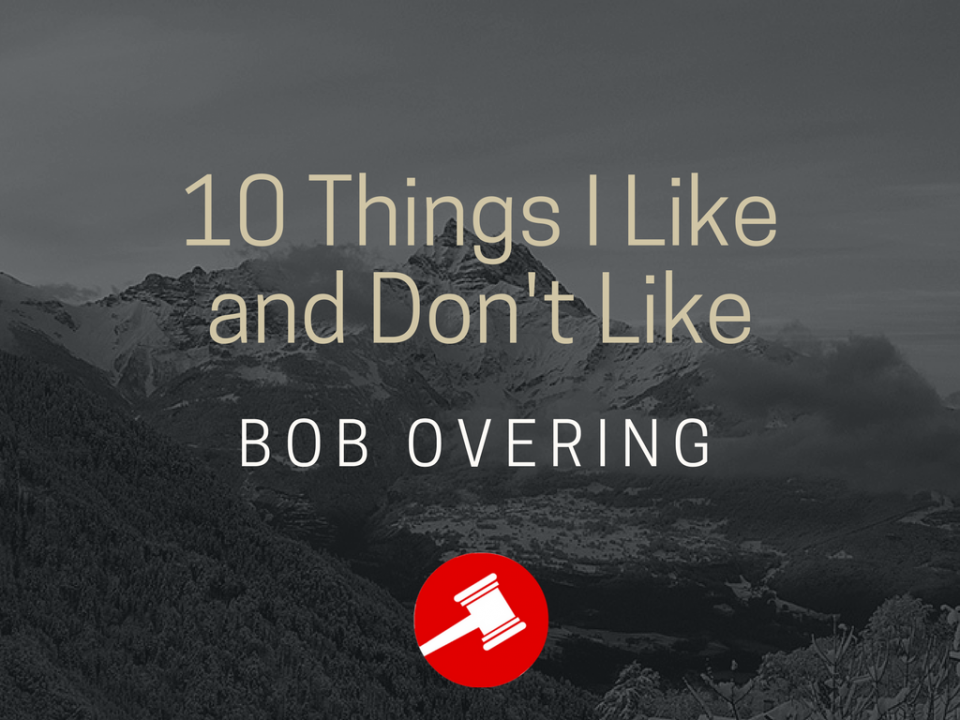2016 Central Valley Bear Brawl

Finalist Interviews
Ashwin Bhat (Sunset AB), Tournament Champion
Question: What does it feel like to debate a finals round? Is it nervous, exciting, or a combination of both?
Ashwin Bhat: The finals round wasn’t officially conducted at this tournament due to the fact that it was past 10:30 PM and Washington rules prohibit debating after a set time in the evening. It ended up being a concession round because I hadn’t lost any ballots and was top seed. It was a mutually accepted decision between Colin and me to stop debating in finals due to us already receiving the TOC bids at this point; I guess you could say that finals is ultimately exhausting due to it being at the end of a long day of debating, but I’m sure it would’ve been a really fun round. We were throwing friendly shade at each other because we witnessed each other’s octa rounds and had known each other since last year from NSDA Nationals. Finals, in general, is really fun because it really becomes the most competitive round of the day, and when everyone is already exhausted, it becomes even more challenging.
Q: Was there a particular round you debated at this tournament in which you really enjoyed the argument interaction/clash in? If not, what was your favorite position that you read at this tournament?
AB: I really enjoyed my octa-final round because my opponent’s team had prepped me out for three hours and knew that I preferred aff, which made the round super difficult and engaging. It was extremely salty and had some of the funniest analogies/discussions in a debate round I’ve been in. I was running an Agamben kritikal affirmative and my opponent countered it with an Agamben K with a nihilism alternative, which made it a methods debate. It became very philosophically dense and a change from the usual policy discussions involved in progressive LD, which made it a fun and thoughtful debate. My favorite position was definitely the Agamben kritikal affirmative.
Q: What do you think best prepared you for this tournament?
AB: Getting heavily invested in simply reading the topic literature was the best preparation for me at this tournament. I actually didn’t have too much evidence preparation for the tournament due to college applications/school and definitely will make sure to cut more for the next tournaments. However, this is valuable because I had to rely largely on my comfort with the literature base. I think that nowadays debaters sometimes become more pre-occupied with finding the best cards rather than truly taking the time to heavily read and truly understand the topic. I’m glad that I was forced to use my literature knowledge so much because it ultimately helped me extemporize with more nuanced quality.
Colin McKay (Gig Harbor CM), Finalist
Question: What does it feel like to debate a semifinal round? Is it nervous, exciting, or a combination of both?
Colin McKay: Debating in the bid round is definitely a combination of nervousness and excitement. On one hand, it’s great that you are even there, but on the other there is a sense that the previous nine rounds were for nothing if you lose, so there is definitely a lot of pressure, but you have to use that to make yourself better.
Q: What was your favorite position that you read at this tournament?
CM: I really enjoyed the counterplan I read (Overturn Connick v. Thompson) because I read a volitional responsibility framework that I thought added some nuance to the plan/counterplan debate by adding a more philosophical side to the net benefits.
Q: What do you think best prepared you for this tournament?
CM: I think the number one thing that prepared me for this tournament, and this topic in general, was the research on the United States Legal System and the legal past of qualified immunity. When the topic came out, my team and I thought that whoever had a better fundamental understanding of qualified immunity would win most rounds, and I think that prediction turned out to be true.
Main Tournament
Round 1
Round 2
Round 3
Round 4
Round 5
Round 6
Bracket
Partial Double-Octafinals
Gig Harbor KG def. Capital CL (Richards, Castro, Carter)
Centennial SB def. Sprague SM (Carter, Castro, Richards)
Capital DL def. Gonzaga Prep BC (Allen, Mitchell, Orlando)
Rocky Mountain JM def. Centennial MS (Orlando, Mitchell, Allen)
Raisbeck Aviation JS def. Gonzaga Prep MA (Platts, Haas, Gordon)
Kamiak NB def. Centennial ER (Platts, Haas, Gordon)
Interlake RM def. Centennial HH (Hartman, Broberg, Rogers)
Lewis and Clark BR (Bye)
Mountain View GH (Bye)
Lewis and Clark GR (Bye)
Eagle WP (Bye)
Sunset AB (Bye)
Mountain View DL (Bye)
Gig Harbor CM (Bye)
Eagle LB (Bye)
Gonzaga Prep TJ (Bye)
Octafinals
Raisbeck Aviation JS def. Mountain View DL (Hennessey, East, Allen)
Gonzaga Prep TJ def. Lewis and Clark GR (Heath, East, Allen)
Sunset AB def. Gig Harbor KG (Rogers, Richards, Orlando)
Gig Harbor CM def. Centennial SB (Rogers, Richards, Orlando)
Kamiak NB def. Eagle WP (Mitchell, Castro, Carter)
Lewis and Clark BR def. Interlake RM (Mitchell, Castro, Carter)
Capital DL def. Eagle LB (Witmer, Welker, Ormsby)
Mountain View GH def. Rocky Mountain JM (Witmer, Welker, Ormsby)
Quarterfinals
Gig Harbor CM def. Lewis and Clark BR (Carter, Haas, Luke)
Kamiak NB def. Capital DL (Allen, Orlando, Schilling)
Sunset AB def. Gonzaga Prep TJ (Welker, Castro, Hartman)
Mountain View GH def. Raisbeck Aviation JS (Ormsby, Mitchell, Rogers)
Semifinals
Gig Harbor CM def. Kamiak NB (Sabin, Orlando, Hartman)
Sunset AB def. Mountain View GH (Hennessey, Carter, Allen)
*Judges who sat are not indicated in semifinals results as full results aren’t published online yet.
Finals
They couldn’t hold a finals round, so Colin McKay (Gig Harbor CM) conceded to Ashwin Bhat (Sunset AB) because Ashwin was top seed and hadn’t dropped any ballots.

